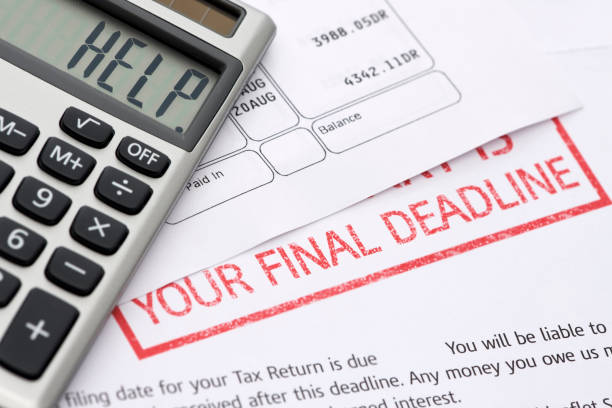Navigating taxes as a self-employed professional can feel overwhelming—but it doesn’t have to be. With the right tax compliance strategies, you can stay on the right side of the IRS, reduce penalties, and boost your financial efficiency. This guide delivers essential tax compliance tips tailored for freelancers, consultants, and solopreneurs who want to manage their finances with confidence and clarity.
Why Tax Compliance Matters for the Self-Employed
Tax compliance isn’t just about filing returns on time—it’s about building a sustainable business. For independent professionals, tax mistakes can lead to audits, interest charges, and penalties. Staying compliant:
- Protects your financial future
- Helps build trust with clients and institutions
- Positions you for potential funding and credit opportunities
By following these freelancer tax tips, you’ll ensure you’re not leaving money—or peace of mind—on the table.
1. Keep Accurate and Consistent Records
One of the most common reasons for tax issues is poor recordkeeping. Maintain a digital or physical system that organizes all:
- Invoices
- Receipts
- Business expenses
- Contracts
Use tools like QuickBooks, FreshBooks, or Wave to automate and categorize your income and deductions. Consistency in recordkeeping supports accurate tax reporting and reduces stress during tax season.
🔗 Check out our services for recordkeeping support
2. Separate Personal and Business Finances
Many self-employed individuals blur the line between personal and business finances. This creates problems not only for tax compliance but also for business scalability. Open a separate business checking account and credit card to:
- Track business expenses accurately
- Simplify deductions
- Avoid accidental misreporting
This small step is crucial for staying compliant and audit-ready.
3. Understand Quarterly Estimated Taxes
Unlike traditional employees, self-employed individuals are required to pay estimated quarterly taxes. These payments cover:
- Income tax
- Self-employment tax
- Potential state and local taxes
Mark your calendar for these estimated tax deadlines:
- April 15
- June 15
- September 15
- January 15 of the following year
Underpayment can result in fines. Use IRS Form 1040-ES or consult a tax expert to calculate the right amounts.
📌 Schedule a consultation with a licensed Enrolled Agent today
4. Maximize Deductions (Without Overstepping)
Deductions are key to minimizing taxable income, but they must be legitimate and well-documented. Common deductions for self-employed individuals include:
- Home office expenses
- Business-related travel
- Marketing and advertising costs
- Professional development and training
Overestimating deductions is a red flag for audits. Stay honest and ensure every deduction is justified by receipts or logs.
Explore more insights on what counts as a deductible via our About Us page.
5. Hire a Tax Professional or Enrolled Agent
Even if you’re financially savvy, tax laws change frequently. A certified tax professional or Enrolled Agent (EA) can:
- Optimize your tax strategy
- Ensure year-round compliance
- Represent you before the IRS if needed
Working with a professional is not just about filing; it’s about long-term planning and avoiding costly mistakes.
🤝 Meet Marcos Timana, your trusted EA
6. Stay Updated with Tax Law Changes
The tax landscape evolves each year. Deduction rules, filing thresholds, and credits can shift. Subscribe to IRS updates or work with a tax pro who stays ahead of changes.
Follow us on Instagram or Facebook for real-time tips and tax updates.
Final Thoughts
Being self-employed gives you the freedom to run your business your way—but it also comes with the responsibility of staying compliant with tax obligations. By applying these tax compliance tips, you’ll not only avoid penalties but also gain financial clarity and peace of mind.
Ready to take your tax strategy to the next level?
🌟 Book a 1-on-1 session today
And don’t forget to leave us a review—your feedback helps us serve you better.
Frequently Asked Questions
1. What happens if I miss a quarterly tax payment as a freelancer?
Missing a payment can result in IRS penalties and interest. You may also face underpayment penalties. It’s best to consult with a tax expert to stay on track.
2. Are home office expenses always deductible?
Only if the space is used exclusively and regularly for business purposes. It must be your principal place of business or used to meet clients.
3. How do I calculate estimated quarterly taxes?
Use IRS Form 1040-ES or work with an Enrolled Agent to estimate based on your prior year’s income and projections.
4. Can I deduct startup costs in my first year?
Yes, you can deduct up to $5,000 in startup costs in your first year, with the remainder amortized over 15 years.




 por
por